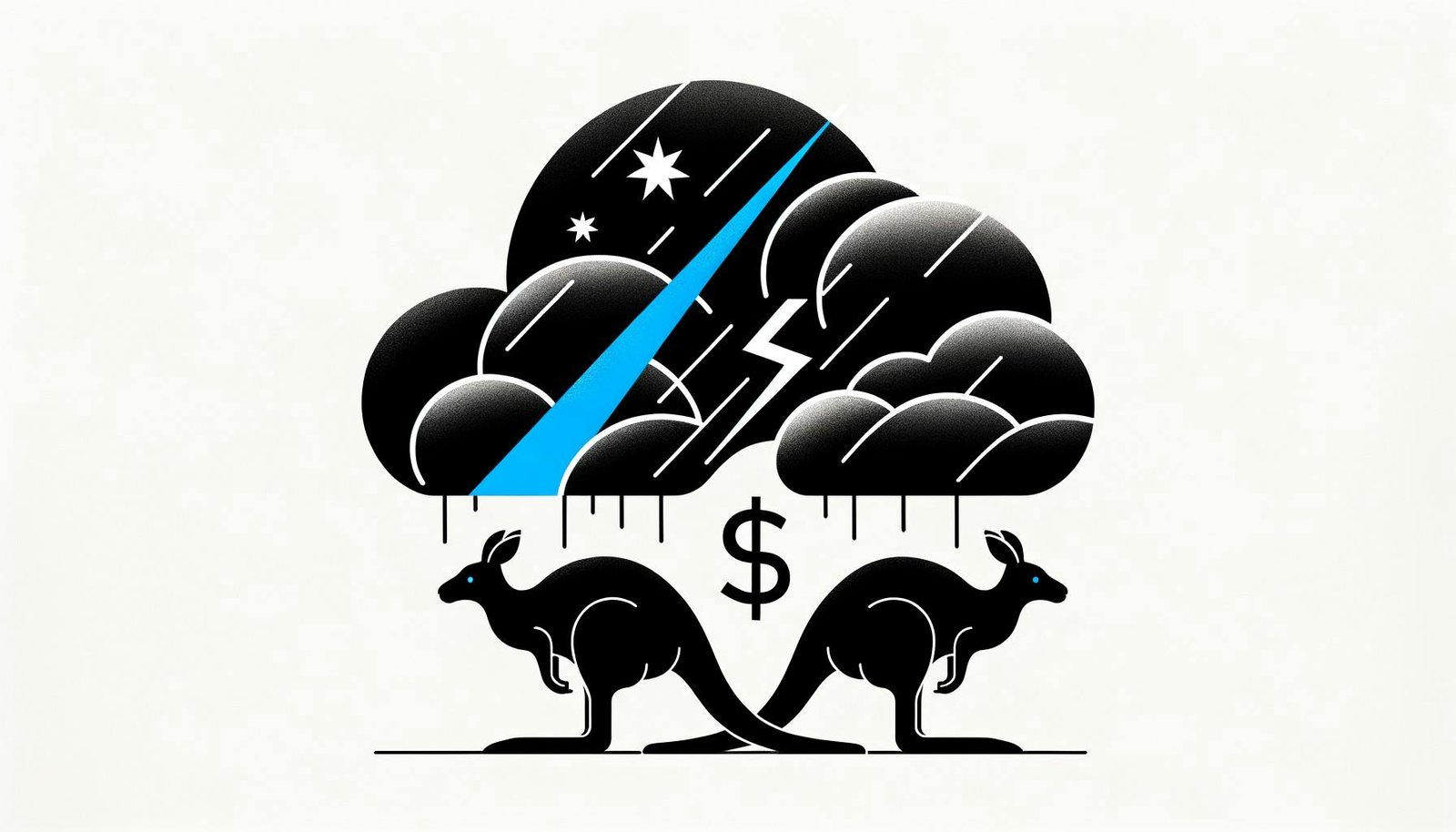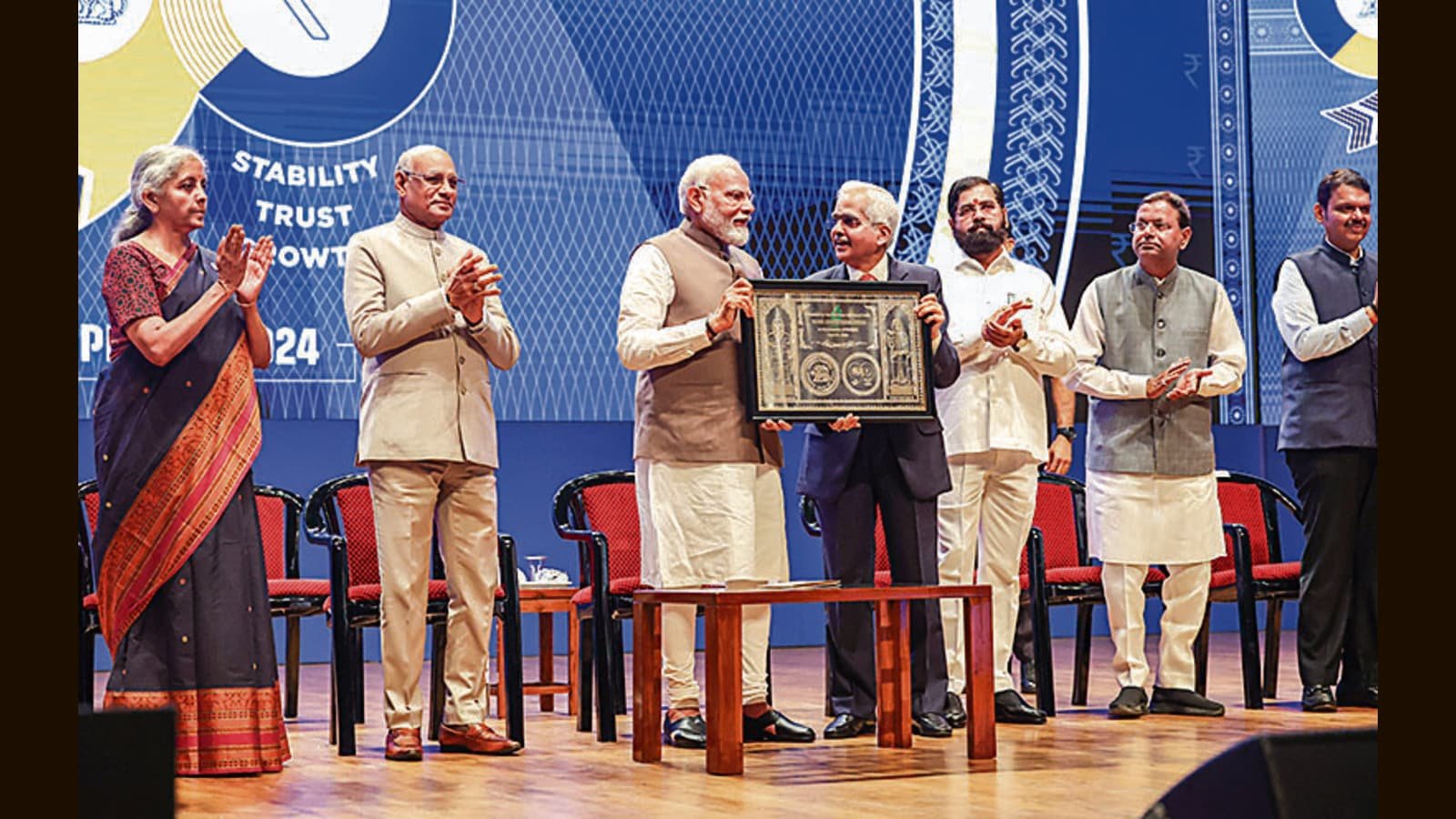While the Kuwaiti dinar boasts the highest value, the U.S. dollar and euro reign supreme in global trade. But there’s another currency making waves, especially in certain pockets of the world—the Indian Rupee (INR).
With a population of over 1.4 billion and a rapidly growing economy, the INR is gaining traction as a preferred currency in several countries.
There are many countries where, with just ₹100, you can buy a decent meal or even a small souvenir. Want to know in which countries the Indian rupee is considered a preferred currency?
In this article, we’ll explore the top 10 countries where the Indian rupee is the king of currency exchange rates, allowing travellers to stretch their money further and experience more for less.
These countries offer budget-friendly travel options for Indian tourists looking to explore new destinations without breaking the bank.
Also Check| List of Top 10 Indian Entrepreneurs of All Time in India
List of Countries Where INR is the KING
Here’s the list of the top 8 countries where Indian currency has a higher value and your money can go further. The list includes:
Note: The conversion rates mentioned above are based on data from October 23, 2024, and may change over time. For up-to-date and accurate currency conversions, please refer to official sources.
1. Iran
In Iran, the Indian Rupee has a notably higher value, as 1 INR equals approximately 500.61 IRR.
The Iranian rial’s low value is primarily attributed to economic sanctions and inflation that have plagued the nation for years. With 100 INR, you can obtain around 50,061 IRR, allowing you to purchase various goods such as local snacks or inexpensive clothing.
Travelling in Iran can be quite affordable; a budget of around 1,500,000 IRR (approximately 3K INR) can cover basic daily expenses like meals and public transport.
Iran’s rich history and stunning architecture make it a fascinating destination for tourists. However, it’s crucial to be aware of local customs and regulations while visiting.
2. Vietnam
The Indian rupee (INR) holds a higher value than the Vietnamese dong (VND), primarily due to Vietnam’s historical inflation and economic challenges.
Currently, 1 INR equals approximately 299.3 VND, making Dong one of the least valuable currencies globally. With ₹100, you can purchase around 29,930 VND things. This can buy you a hearty meal at a local restaurant or several street food items.
If you’re travelling to Vietnam, your daily expenditure could be quite economical. A budget traveller might spend around ₹1,500-₹2,000 (approximately 450,000-600,000 VND) per day, covering accommodation, meals, and local transport.
Vietnam is renowned for its rich culture and stunning landscapes, including Ha Long Bay and the bustling streets of Ho Chi Minh City.
The low cost of living makes it an attractive destination for tourists seeking both adventure and affordability. Additionally, the vibrant markets and delicious street food further enhance the travel experience without breaking the bank.
3. Indonesia
In Indonesia, the INR is valued higher than the Indonesian Rupiah (IDR), with an exchange rate of about 1 INR equating to approximately 200 IDR.
The IDR’s lower value is influenced by economic factors such as inflation and currency depreciation. With 100 INR, you can get around 20,000 IDR, which can afford you a meal at a mid-range restaurant or several local snacks.
Travelling in Indonesia can be quite economical; a daily budget of around 300,000 IDR (approximately 2K INR) would cover meals and local transport.
The diverse culture and beautiful landscapes make Indonesia a popular travel destination for those seeking adventure and relaxation alike.
4. Pakistan
In Pakistan, the exchange rate shows that the INR is stronger with approximately 1 PKR = 0.29 INR.
The Pakistani rupee’s lower value stems from economic instability and inflation. With 100 INR, you can get about 344 PKR, which allows for purchasing meals or local goods.
Travelling in Pakistan can be budget-friendly; an average of around 2,000 PKR (approximately 600 INR) per day would cover basic needs like food and transport.
Pakistan offers breathtaking landscapes and historical sites that draw visitors interested in exploring its rich cultural tapestry.
For You| Beyond Gold: The Most Expensive Metals on Earth
5. Bangladesh
The Indian rupee also holds significant value in Bangladesh, where it exchanges for about 1 BDT = 0.75 INR.
The Bangladeshi taka’s lower value is due to economic challenges and inflationary pressures. With 100 INR, you can acquire roughly 133 BDT, which can buy you a meal or several items from local markets.
While travelling in Bangladesh, a daily expenditure of around 1,000 BDT (approximately 800 INR) would suffice for food and transportation.
The country’s rich culture and heritage sites attract many tourists looking for an authentic experience at affordable prices.
6. Cambodia
In Cambodia, the Indian rupee is valued higher than the Cambodian Riel (KHR), with an exchange rate of about 1 KHR = 0.020 INR.
This low valuation of the Riel is due to economic challenges faced by the country. With 100 INR, you can get about 5,000 KHR; this amount can buy food or souvenirs from local markets.
Travelling in Cambodia can be quite economical; a daily budget of around 20K INR (approximately 1 million KHR) would suffice for basic needs like meals and transport.
The country’s rich history and cultural heritage sites like Angkor Wat make it an attractive destination for tourists.
7. Sri Lanka
The Indian rupee has a favourable exchange rate in Sri Lanka at about 1 LKR = 0.25 INR. The Sri Lankan rupee’s lower value results from economic fluctuations and inflationary trends.
With 100 INR, you can acquire about 400 LKR; this amount can cover meals or entry fees to various attractions.
For travellers in Sri Lanka, budgeting around 5,000 LKR (approximately 1,250 INR) per day would typically cover accommodation and meals.
Known for its stunning beaches and ancient temples, Sri Lanka offers diverse experiences for those seeking both relaxation and adventure.
8. Nepal
In Nepal, the Indian rupee holds significant value with an exchange rate of about 1 NPR = 1.6 INR.
The Nepali rupee’s lower value is influenced by various economic factors, including inflation. With just 100 INR, you can obtain approximately 160 NPR; this amount could buy you meals or transportation within cities.
For travellers in Nepal, budgeting around NPR 2,500 (approximately ₹400) per day would cover basic expenses such as food and lodging.
Nepal’s stunning landscapes and trekking opportunities attract many adventure seekers looking for experiences amidst nature’s beauty.
In Case You Missed:
Additionally, countries like Turkey and Egypt are a few options where INR has a higher value. In Turkey, the exchange rate for INR is approximately ₺6 (Turkish Lira) = 1 INR.
The Lira’s lower value has been affected by economic challenges, including inflation rates, affecting purchasing power significantly.
With ₹100, you could get approximately ₺600; this could afford meals or small souvenirs in local markets.
Travellers should expect daily expenses ranging from ₺300-₺500 (around ₹50-₹85) depending on lifestyle choices like dining out or using public transport while exploring Turkey’s rich history and diverse culture.
In Egypt as well, the Indian rupee holds a higher value against the Egyptian pound (EGP), with an approximate rate of EGP0.58 = 1 INR.
The Egyptian Pound’s lower valuation stems from economic fluctuations impacting its strength against foreign currencies. With ₹100, you could acquire about EGP50; this amount could buy meals or entry tickets to attractions.
For travellers budgeting around EGP 200-300 (about ₹40-₹60) per day, it would generally suffice for food and transportation while enjoying Egypt’s rich historical heritage, including landmarks like the Pyramids of Giza.
Also Read| Top 10 Most Polluted Cities in India (2024) | Delhi Ranks First On the List







